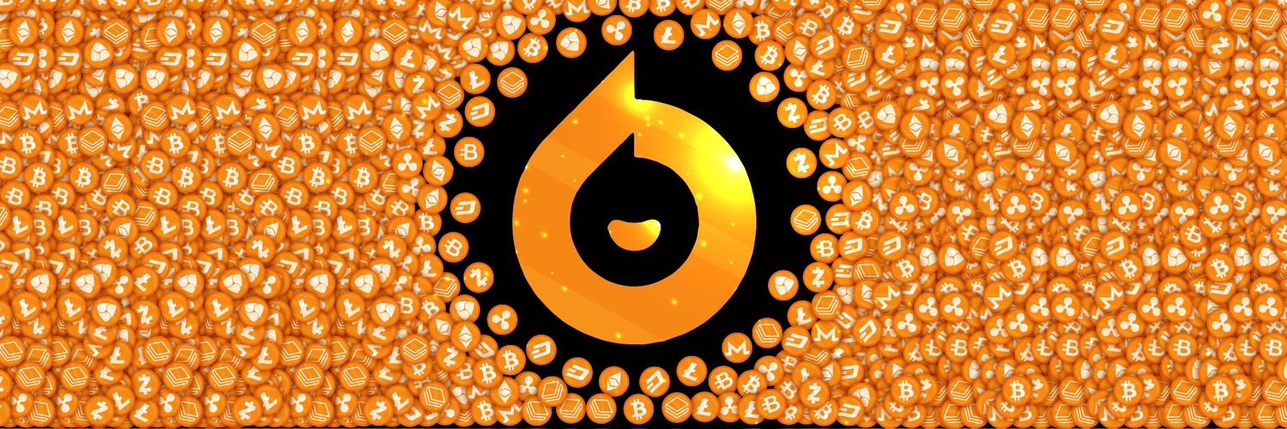


Prezzo di Real RealmREAL
Come ti senti oggi in merito a Real Realm?
A proposito di Real Realm (REAL)
Cosa significa il token del Real Realm?
Il mondo delle criptovalute è in costante evoluzione e una delle sue nuove ed emozionanti offerte è il Real Realm Token. Questo token rappresenta un cambiamento significativo nel modo in cui le criptovalute sono utilizzate e comprese, introducendo nuovi concetti come gli asset virtuali e i diritti digitali.
Storia e Significato del Real Realm Token
Il token Real Realm è uno dei primi nel suo genere. Si basa sulla blockchain, la tecnologia dietro Bitcoin ed altre criptovalute. Ma ciò che lo distingue è la sua applicazione unica e rivoluzionaria della tecnologia blockchain.
Il Real Realm Token è stato creato con l'idea di collegare il mondo digitale con quello reale. Per fare ciò, i creatori del token hanno sviluppato un'infrastruttura che permette agli utenti di 'possedere' porzioni di spazio virtuale all'interno del mondo digitale.
Caratteristiche chiave del Real Realm Token
Le caratteristiche chiave del Real Realm Token sono ciò che lo rende un investimento interessante e unico nel suo genere.
Proprietà Virtuale
Il primo e più importante aspetto del Real Realm Token è la sua capacità di rappresentare la proprietà virtuale. Quando acquisti un Real Realm Token, stai in realtà acquistando una porzione di terreno virtuale all'interno di un mondo digitale. Questo concetto di 'proprietà' virtuale è ciò che ha reso il Real Realm Token così rivoluzionario.
Scambio di Beni Digitali
Il Real Realm Token è anche un mezzo attraverso il quale gli utenti possono scambiare beni digitali. Questo può includere tutto, dai beni virtuali all'interno dei videogiochi fino ai beni digitali reali come le opere d'arte digitali.
Potenziale di Crescita
Infine, il Real Realm Token ha un enorme potenziale di crescita. Con l'aumento dell'interesse per i mondi virtuali e la proprietà virtuale, il valore di questi token può solo aumentare.
In conclusione, il Real Realm Token rappresenta un nuovo e interessante capitolo nel mondo delle criptovalute. Con il suo approccio unico alla proprietà virtuale e al traffico di beni digitali, si prevede che il Real Realm Token diventerà un punto di riferimento nel settore delle criptovalute. Se sei interessato a entrare nel settore delle criptovalute o se sei già un investitore esperto, valuta l'opportunità di aggiungere il Real Realm Token al tuo portafoglio.
Rapporto di analisi IA su Real Realm
Prezzo di Real Realm di oggi in EUR
Storico dei prezzi di Real Realm (EUR)
 Prezzo più basso
Prezzo più basso Prezzo più alto
Prezzo più alto 
Qual è il prezzo più alto di Real Realm?
Qual è il prezzo più basso di Real Realm?
Previsione del prezzo di Real Realm
Quale sarà il prezzo di REAL nel 2026?
Quale sarà il prezzo di REAL nel 2031?
FAQ
Qual è il prezzo attuale di Real Realm?
Qual è il volume di trading di 24 ore di Real Realm?
Qual è il massimo storico di Real Realm?
Posso acquistare Real Realm su Bitget?
Posso ottenere un guadagno costante investendo in Real Realm?
Dove posso acquistare Real Realm con la commissione più bassa?
Saldo di Real Realm per concentrazione
Indirizzi Real Realm per durata dell'holding

Prezzi di Real Realm globali
- 1
- 2
- 3
- 4
- 5
Nuovi listing su Bitget
Acquista di più
Dove posso acquistare crypto?
Sezione video: verifica rapida e accesso rapido al trading

Valutazioni di Real Realm
Bitget Insights





Asset correlati
Informazioni aggiuntive su Real Realm
Panoramica della moneta
In relazione alle monete
In relazione al trading
Aggiornamenti delle monete
























.png)








